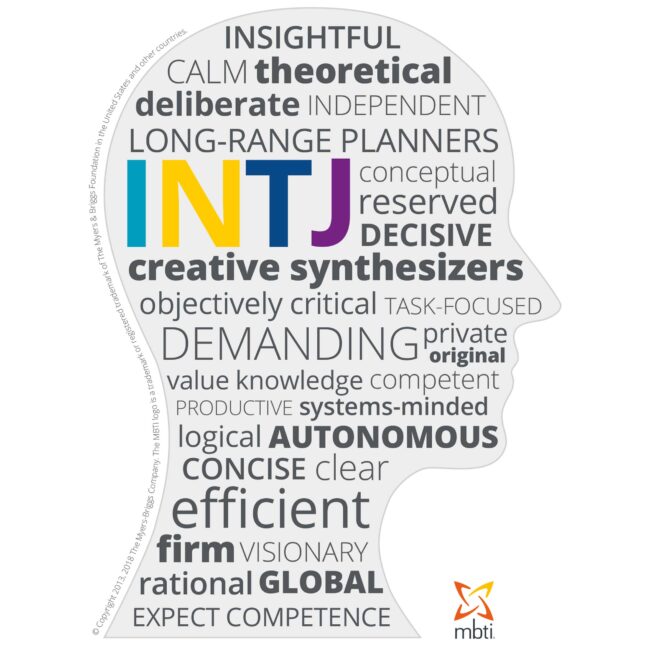
Don’t trade your authenticity for approval
Personality is defined by a set of feelings, behaviors and attitudes that make an individual unique.
Developed in 1962 by Isabel Briggs Myers and Katherine Cook Briggs, and based on Carl Jung’s theory of psychological types, the MBTI method is based on a questionnaire which makes it possible to determine the dominant function of the subject according to four axes:
The way we draw energy: extraversion (E) or introversion (I)
The way we perceive information: sensation (S) or intuition (N)
The way we make decisions: thinking (T) or feeling (F)
The way we take action: judgment (J) or perception (P)
The psychological profile is then determined from these dimensions, among sixteen different types.
The effectiveness of a lawyer in a litigation case is directly linked to the four axes described above and the type of personality of the lawyer therefore plays a determining role.
Each client legitimately places his hopes in the lawyer he or she has chosen, expects him to fully master the legal issues presented to him, to show clear-sightedness, commitment, to put in place a real strategy and implement it efficiently, quickly and at a lower cost.
Lawyers with an INTJ psychological profile are particularly gifted for delivering this type of performance.
The INTJ profile, usually called the “mastermind” or the “architect”, is one of the rarest of the sixteen MBTI profiles. It is estimated that approximately 2% of the population corresponds to this psychological profile.
According to the psychologist David Keirsey:
« INTJ understand the logical consequences of each move, and easily grasp how each step necessitates or entails the next. They design plans for all the contingencies which are bound to arise. They see the forest from the trees, and foresee systemic errors when any complex project is undertaken. With a supremely objective view, these pragmatists are not easily swayed by emotion, hope, luck, or chance. Masterminds always have a Plan A in mind, but are always prepared to switch to Plan B, C, or D if necessary. »
David Keirsey ads that « For INTJ, every plan has a purpose, and every step exists for a reason. Order is never arbitrary—every part must have a deliberate, strategic intent if it is to be included in the master design. At the same time, they are highly adaptive and are always ready to change course if new factors are presented. Plans are never set in stone, as they are always subject to improvement. INTJ are not concerned with ideas, for their own sake, but rather are interested in ideas for their use and utility in reality. »
According to the psychologist « Masterminds have an unusually strong will; they are tenacious, determined, and resolute. They have a competitive force that comes from within, and a fierce iron will, which drives them toward excellence and superiority in every undertaking. They are high achievers, and push themselves harder than anybody else. »
(Source : David Keirsey, « The INTJ Rational Mastermind »)


